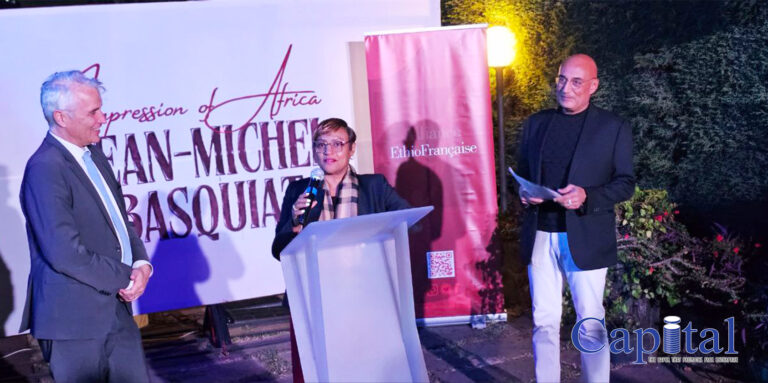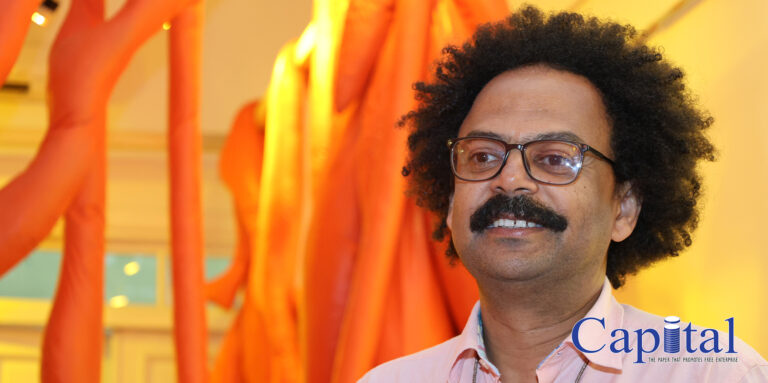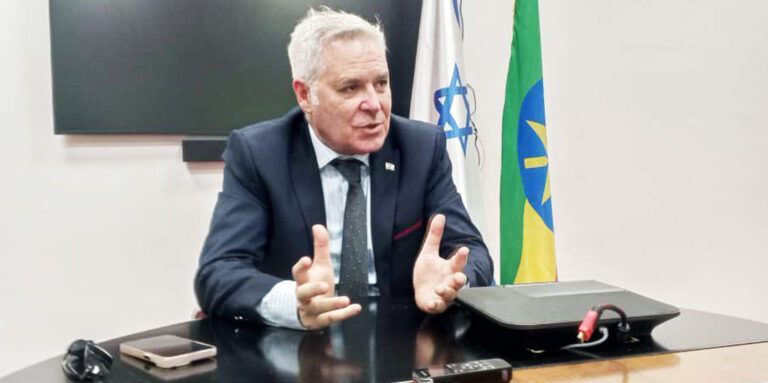Alazar Kebede
In an increasingly complex global landscape, the interplay between trustworthy leadership and economic development is drawing considerable attention. Leadership that is grounded in trust not only strengthens the social fabric but also fuels sustainable economic growth. Trustworthy leaders, those who demonstrate integrity, transparency, accountability, and fairness, are essential to fostering a stable environment where economies can thrive. This article explores how trustworthy leadership influences economic development, the mechanisms through which it operates, and the far-reaching impacts it can have on societies.
Trustworthy leadership is characterized by the ability of leaders to act in the best interest of their constituents, maintaining transparency and consistency in decision-making. It hinges on several key traits: Integrity: Leaders who adhere to ethical standards and moral principles build trust by aligning their actions with their words. Accountability: A trustworthy leader takes responsibility for both successes and failures, creating a culture of ownership. Transparency: Open communication and decision-making processes allow stakeholders to feel informed and involved. Empathy and fairness: Leaders who prioritize the well-being of all stakeholders, ensuring equitable treatment, earn deep-rooted trust.
Trustworthy leadership impacts economic development through various channels: Promoting Investor Confidence: Investors, whether domestic or foreign, seek stable, predictable environments to invest their capital. Trustworthy leaders reduce the risks of corruption, political instability, and arbitrary policymaking, making countries more attractive to investors. For example, nations with transparent governance and anti-corruption frameworks, such as those in Northern Europe, consistently rank higher on global investment indices.
Improving Public Institutions: Trustworthy leadership improves the efficiency of public institutions, from regulatory agencies to the judiciary. Leaders who uphold the rule of law and ensure institutions function with integrity create a favorable climate for business operations. In contrast, weak or corrupt leadership undermines these institutions, leading to inefficiency, insecurity, and economic stagnation.
Fostering Social Cohesion and Productivity: Trust between leaders and citizens encourages social cohesion, reducing social unrest and enabling greater collaboration. When people trust their government, they are more likely to comply with regulations, pay taxes, and participate in civic life, all of which contribute to economic development. Conversely, distrust can lead to civil disobedience, tax evasion, or even protest movements that destabilize economies.
Facilitating Long-term Development Goals: Economic development is often a long-term process requiring careful planning and consistent execution. Trustworthy leaders are more likely to implement and follow through on long-term development goals, such as infrastructure projects, education reform, or healthcare expansion. Short-term, populist decisions that serve political interests over societal ones can derail progress, creating cycles of economic instability.
Several countries serve as compelling examples of how trustworthy leadership has driven economic progress: – Rwanda’s Transformation Under Paul Kagame: Rwanda, under President Paul Kagame, has experienced remarkable economic growth since the mid-1990s. While Kagame’s leadership has been the subject of debate, his administration’s emphasis on anti-corruption measures, economic reforms, and national unity has garnered significant trust among citizens and foreign investors alike. Rwanda has maintained a high GDP growth rate and a strong sense of national identity, both rooted in Kagame’s consistent and transparent governance.
Singapore’s Economic Miracle: Singapore’s rise from a developing nation to a global financial hub is largely credited to its first prime minister, Lee Kuan Yew. Lee’s leadership was marked by a strong emphasis on meritocracy, anti-corruption, and long-term planning. By creating a trustworthy, effective government, Singapore attracted foreign investments and developed one of the world’s most competitive economies. Today, Singapore ranks among the least corrupt nations, with an efficient public sector that drives innovation and economic resilience.
Germany’s Stability and Growth: Germany, Europe’s largest economy, has long benefited from trustworthy leadership. Leaders like Angela Merkel, known for her steady hand and pragmatic approach, have fostered a stable political and economic environment. Germany’s strong institutions, combined with an emphasis on transparency and accountability, have made it a global economic powerhouse. Trust in leadership has allowed for bold decisions, such as transitioning towards renewable energy and adapting to economic challenges without undermining growth.
Conversely, the absence of trustworthy leadership can severely undermine economic potential. Countries suffering from corruption, political instability, or authoritarian regimes often face slow or negative economic growth.
For instance, Venezuela: Once one of the wealthiest countries in Latin America, Venezuela’s decline can be attributed in large part to leadership that prioritized personal and political gain over the national interest. Economic mismanagement, corruption, and lack of transparency have led to hyperinflation, widespread poverty, and a collapsed economy.
Zimbabwe: Under the long-standing rule of Robert Mugabe, Zimbabwe’s economy suffered immensely due to policies that lacked transparency, accountability, and respect for private property. Hyperinflation and economic isolation followed, highlighting the deep connection between trustworthy leadership and economic health.
To conclude, trustworthy leadership is a cornerstone of sustainable economic development. It lays the foundation for effective institutions, attracts investments, and fosters social cohesion, all critical components of a thriving economy. As the world faces new challenges, from climate change to global pandemics, the need for leaders who can be trusted to guide countries through uncertainty has never been more urgent.
By prioritizing trustworthiness, through transparency, accountability, and integrity, leaders can create environments where economies not only grow but thrive for generations. Countries that invest in cultivating trustworthy leadership will be better positioned to unlock their full economic potential, ensuring prosperity and stability for all citizens.









